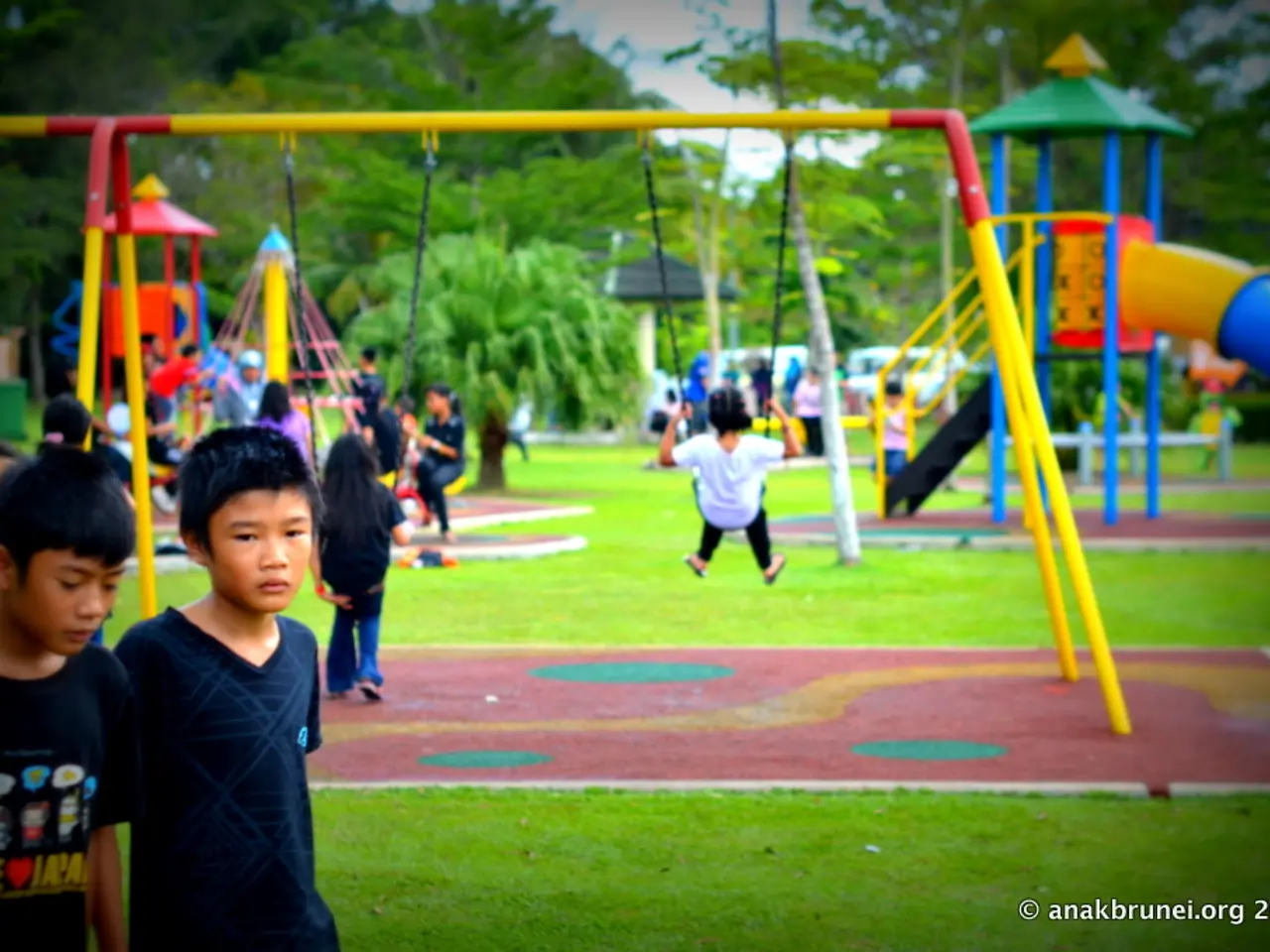Variety of Excursion Suggestions for Diverse Preferences, Enhancing Practical Knowledge in Daily Life Activities
Exploring Interactive Learning: A Journey Through Family-Friendly Museums and Beyond
From the bustling streets of Colonial Williamsburg to the celestial wonders of planetariums, there's a new wave of educational experiences that are redefining learning for families. These innovative spaces combine the excitement of theme parks with the depth of museums, making learning an engaging and unforgettable adventure.
One such example is the Playstreet Museum, a child-centric haven designed to promote creativity and exploration. With themed play areas catering to various ages, it offers a hands-on learning experience that appeals to different learning preferences.
The Museum of the Moving Image (MOMI), located in New York, is another gem. It offers interactive exhibitions on animation, sound effects, and voice recording, engaging kids through activities like creating animations and watching kid-friendly screenings. The museum caters to diverse age groups with its varied interactive components and family-focused amenities.
The Sloomoo Institute, also known as the Slime Museum, is a unique interactive museum centred on slime. It provides a tactile learning experience for children aged 4 to 13, allowing them to create their own slime and explore sensory learning through diverse textures, colours, and scents.
Great Explorations Children's Museum in St. Petersburg is another interactive haven, offering a wide range of age-appropriate exhibits and workshops that foster learning through direct engagement.
Museums of Illusions, found in cities like New York, offer visual experiences through perspective-changing rooms and optical illusions, catering to visual and experiential learning styles.
Outdoor adventures, living heritage sites, and working farms and petting zoos also play a significant role in this interactive learning revolution. They engage all senses while accommodating different interests and energy levels, teaching sustainable agriculture practices and offering hands-on activities.
Technology centers and art museums and performance centres, too, are embracing this trend. They provide multi-generational engagement through family-friendly programs like scavenger hunts and hands-on workshops, bridging digital learning with hands-on experiences.
Theme parks and educational theme parks are not left behind in this educational revolution. They offer structured programs that transform roller coasters into physics lessons and fantasy lands into cultural exploration opportunities. Six Flags, for instance, partners with local schools to provide behind-the-scenes tours where teenagers calculate roller coaster physics while younger children explore simple machines in maintenance areas.
Planetariums, meanwhile, provide visual journeys through galaxies and constellations, with interactive exhibits allowing families to experience zero gravity simulations and learn about rocket propulsion. Disney's EPCOT offers cultural pavilions where teenagers explore international architecture while younger children participate in hands-on cooking demonstrations from different countries.
In essence, these interactive museums, outdoor adventures, and theme parks are transforming passive observation into engaging discovery experiences, making learning a fun and immersive journey for families.
Artificial intelligence could be utilized to create more personalized and adaptive learning experiences within these interactive museums, affecting the way families explore and understand various subjects.
Programming can be incorporated into hands-on workshops at technology centers and performance centers, allowing families to learn coding while experimenting with different art forms.
The concept of family-dynamics can be explored through role-playing activities in certain exhibits at museums and theme parks, fostering conversations about relationships within families.
Home-and-garden shows, often overlooked, could integrate lessons on personal-growth and education-and-self-development, teaching children valuable life skills and promoting sustainable living practices.




